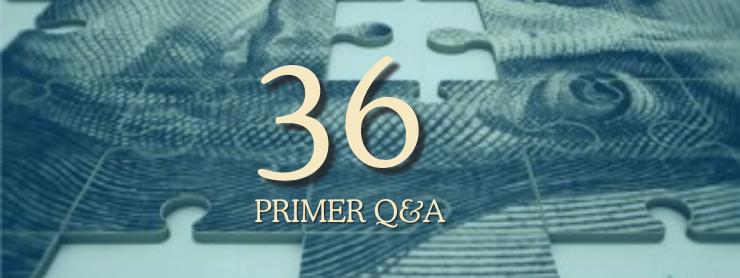Originally published February 15, 2012 on the New Economic Perspectives blog.
You might want to see my NEP front page piece: Mine’s Bigger Than Yours, which deals with various misunderstandings on size of government.It isn’t size that matters (beyond some minimum size—probably 15-20% of GDP),rather it’s what you do with it that counts. It is all about what governmentought to do, in other words.
Ok so here are comments and my responses.
Neil: Is it worth mentioning that economic policy is about being largely right rather than precisely wrong?
A: I like it. But of course even “right” depends on “ought”.
Philip: Yes, the exchange rate is a bit of a mystery alright. Any advice on a good book that tries to deal with these issues from a PK perspective. Preferably one that looks at the empirical evidence to some degree. I seem to remember that John Harvey did something on this…
A: Truthfully, no one knows. No one has much of a clue, really. I like Harvey’s two JPKE papers and they might be as good as anything out there. Add in Keynes’s interest rate parity theorem and Sraffa’s commodity pricing and I don’t think economists have much else to say. Since daily trade in financial assets exceeds annual trade in goods and services, it is clear that whatever theory you have it must treat exchange rates in the context of a theory of asset pricing.
Dario: I am confused. Are you moving toward an Austrian approach? May I ask you why? What’s your purpose?
A: Yes you are. Confused. My purpose is to talk about what government ought to do. What is yours? To make unfounded accusations?
Golfer: Why Crony capitalism? Because government is so big that the profits to be had by controlling it are irresistible. in former times, when government in the US was less than 10% of GDP, there were more profits to be made in private enterprise.
A: Oh really. And who is the richest man in the world? Hint: Mexican. Government much smaller relative to GDP than the US government; and the US government is (next to Japan’s) the smallest of the big economies. Looks like more ideology than content to me. And if you really believe the US government in the time of the robber barons was less crony than today’s, you live in la-la land.
Neil: No matter how small the government gets the profits to be had by controlling it are always irresistible. It’s the flipping currency issuer!
A: Yep. Give me a printing press and I can move the world.
Hewer: it may be worth adding that the impetus to contro lgovernment is not entirely down to the notion that profits from being a currency issuer are irresistible. Of course that is true, but it is not something that those who seek to control the political process necessarily understand, nor necessarily their first concern if they do. The main benefit to controlling government does not come from the “profits” that can be made, but rather from the control over real resources that political dominance provides.
A: Mr. Slim has got a real resource (phone monopoly) but US banksters do OK, too.

